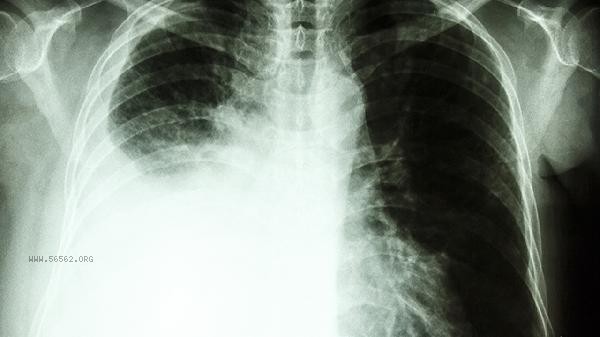Calcium pyruvate is currently not included in the list of carcinogens by international authoritative organizations. The safety of calcium pyruvate is mainly related to factors such as dosage, usage specifications, metabolic pathways, regulatory standards, and individual differences.

1. Dose effect:
Calcium pyruvate has not been found to pose a carcinogenic risk when used as a food additive or exercise supplement within the recommended dosage range. The US Food and Drug administration has listed it as a generally recognized safe substance, and the EU Food Safety Agency has also set daily allowable intake standards. Excessive intake may increase the metabolic burden on the liver and kidneys, but existing research has not confirmed a direct association with cancer development.
2. Usage specifications:
Medical grade calcium pyruvate must strictly follow medical advice when used to treat metabolic diseases, and its purity and preparation process are controlled by pharmacopoeia standards. If calcium pyruvate for industrial use is mixed with impurities, it may cause toxicity, but a formal production process can effectively avoid this risk. There are significant differences in the safety assessment systems for products with different purposes.
3. Metabolic pathway:

Calcium pyruvate is broken down into pyruvate and calcium ions in the body, both of which are normal metabolic products of the human body. Pyruvate participates in the tricarboxylic acid cycle energy metabolism, while calcium ions participate in physiological processes such as bone formation. This fully metabolizable characteristic reduces the possibility of its accumulation in the body causing cancer.
4. Regulatory standard:
Calcium pyruvate is not included in the list of carcinogens released by the International Agency for Research on Cancer of the World Health Organization. The Chinese national food safety standard GB2760-2014 allows it to be used as a food nutrition enhancer, and institutions such as Health Canada also recognize its safety. Regulatory data from various countries have not classified it as a carcinogenic risk substance.
5. Individual differences:
A very small number of individuals with metabolic abnormalities may be sensitive to calcium pyruvate, but this type of reaction is a specific physical condition rather than a carcinogenic effect. Clinical trials have shown that long-term use of the recommended dose of calcium pyruvate in the normal population does not result in an increase in tumor incidence. Genetic testing can help evaluate individual differences in metabolic capacity.

It is recommended to purchase calcium pyruvate products that meet national standards through formal channels and avoid using industrial raw materials from unknown sources. When supplementing daily, pay attention not to exceed the recommended dosage indicated on the packaging. Athletes and other special groups can consult a nutritionist before use. Maintaining a balanced diet structure and appropriately combining vitamin B and magnesium elements can help optimize pyruvate metabolism. When abnormal reactions occur, immediate cessation of use and medical examination should be sought, but there is no need to overly worry about the risk of cancer. Regular physical examinations and monitoring of liver and kidney function can effectively prevent potential health hazards.









Comments (0)
Leave a Comment
No comments yet
Be the first to share your thoughts!